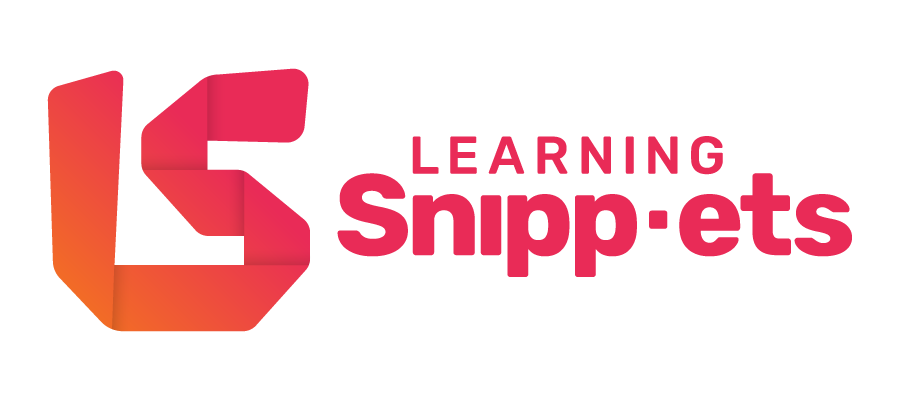We offer 160+ Snippets to help develop your team’s soft skills and interpersonal competencies.

Equipping modern leaders with the interpersonal skills to drive the strategy of their organization.

Providing individual contributors with the soft skills that create healthy, high performing teams.

Equipping modern leaders with the interpersonal skills to drive the strategy of their organization.
Leaders consistently present their ‘best self’ and lead by example. They build good will, trust, among peers and employees by demonstrating professionalism and appropriate emotional regulation. This increases their influence and impact in the organization as they gain ‘buy in,’ sponsorship, and cooperation for a desired course of action.
Leaders can become more emotionally aware, practice self-regulation, and challenge ‘fixed mindset triggers’ to stay composed and true to their values in challenging situations.
Understanding personal strengths and gaps, providing and seeking coaching/mentorship, connecting with other leaders, identifying role models, developing a leadership philosophy etc.
Leaders support and develop the performance, learning, and wellbeing of each team member. They recognize the strengths, achievements, and areas of improvement in others and actively encourage growth.
Recognizing the various strengths of team members, connecting them with opportunities, and removing obstacles to growth.
Let go of micromanaging tendencies by extending clear and concrete challenges, building in functional milestones, and celebrating victories.
Adopt fair practices that widen the talent pool, reduce barriers to entry and advancement, retain top talent, and build the strongest teams.
Leaders clearly define and effectively communicate expectations for conduct and job performance. They establish accountability, provide clear direction, equip team members with the right tools and resources, and proactively assess performance while maintaining motivation and psychological safety.
By defining ownership, providing resources, and allowing small doses of natural consequences, leaders can create a motivating form of accountability on their team.
Leaders engage in clear, effective, and appropriate communication with peers and team members. They use proven techniques and frameworks to lead collaborative meetings, address performance concerns, resolve conflict, and build strong relationships.
Leaders think ahead and identify future prospects, opportunities, and risks. They appreciate the impact of change on teams and individuals and skillfully mitigate threats to psychological safety during times of change.
Identify the pillars of psychological safety, consider and mitigate threats to psychological safety during change.
Leaders engage in clear, effective, and appropriate communication with peers and team members. They use proven techniques and frameworks to lead collaborative meetings, address performance concerns, resolve conflict, and build strong relationships.

Providing individual contributors with the soft skills that create healthy, high performing teams.
Colleagues contribute to a healthy work culture and to a safe environment free of harassment and bullying. They engage in healthy and protective self-care habits. They understand and uphold the pillars of psychological health and safety and seek guidance or support when necessary.
Colleagues respectfully engage with others to create a foundation for team work and collaboration. They use appropriate tools and strategies to encourage the participation of all team members and appreciate the value of different perspectives.
Basics like punctuality, personal & digital hygiene, confidentiality, etc.
Choose the right tools and processes to ensure that everyone can participate in collaborative processes.
Colleagues maintain an openness and curiosity to listen, accept, learn, and incorporate feedback to further one’s own abilities. Likewise, they provide feedback appropriately and constructively to strengthen team performance. When performance issues or conflicts arise, colleagues rely on frameworks and strategies to navigate them confidently.
Colleagues seek out opportunities to do things better by reflecting on past performance and planning for targeted improvements to individual and group processes. They take full responsibility for their work and decision-making, seeking input from others when it is necessary and helpful.
Taking responsibility for their work, meeting commitments, and contributing to team and organizational success. This highlights reliability and a sense of ownership.








Learning Snippets use scenario-based microlearning to actively engage busy employees and leaders. Learners get structured feedback, practice new behaviours, and move beyond awareness to behaviour change.
Does your team struggle with learning new soft skills?
Use our app or upload Snippets to your LMS to build better habits in minutes with scenario-based microlearning.
© 2025 Learning Snippets. All rights reserved.